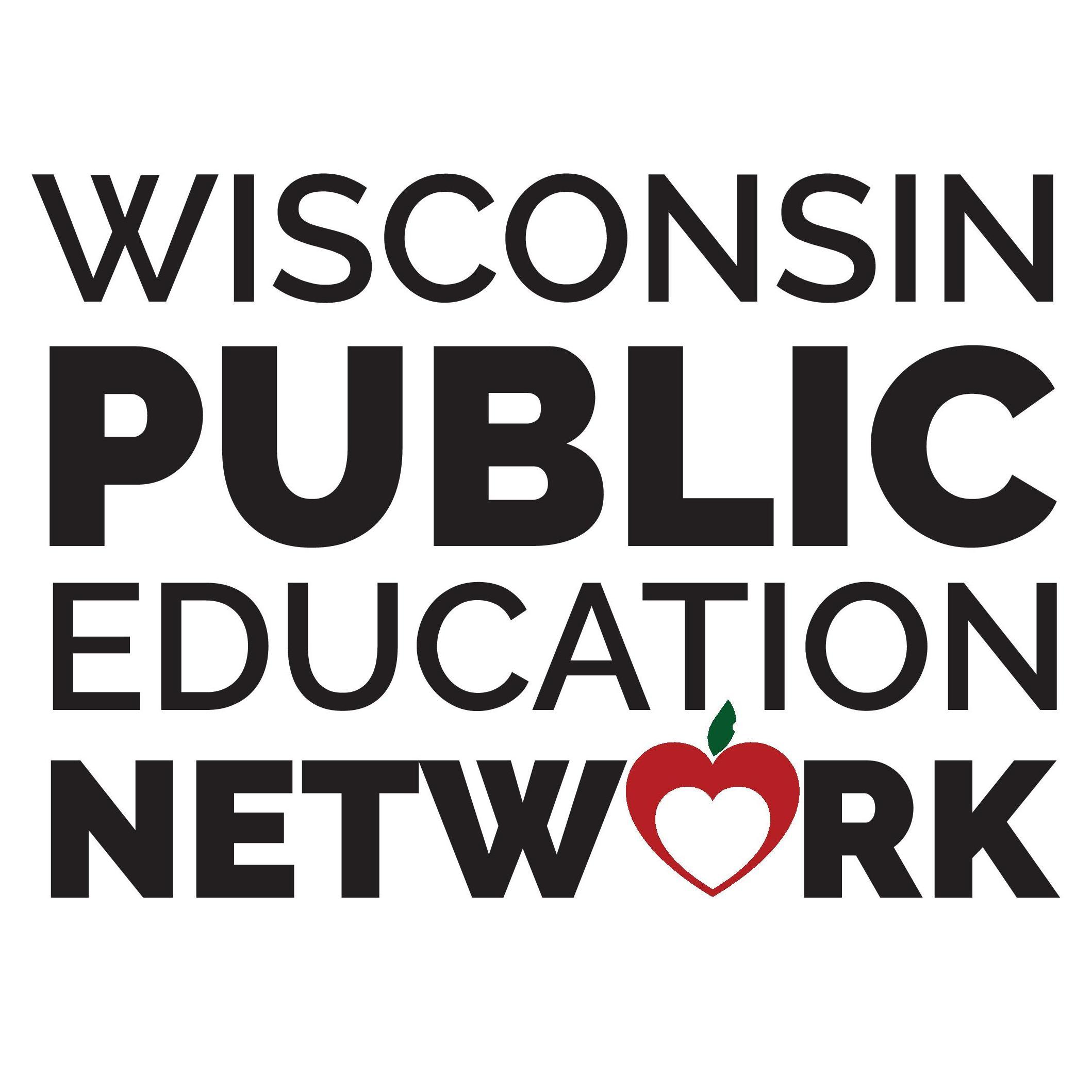Lawmakers Held Accountable for Votes on Education with Report Cards
s districts statewide receive state-mandated report cards, public education advocates demand an assessment of lawmakers who set budgets that determine schools’ ability to succeed
As the Wisconsin Department of Public Instruction issues its annual school and district report cards today, the nonpartisan Wisconsin Public Education Network is doing the same for state legislators.
The organization’s Legislative Report Cards provide much-needed political context for understanding how the DPI assesses school and district performance. They assess state lawmakers across five categories: K-12 budget overall, special education, bilingual/bicultural needs, mental health and public funding of private schools. The report cards are available to the public at http://www.WisconsinNetwork.org/blog/report-cards.
The DPI’s school and district report cards fulfill a state mandate to hold all schools “accountable” to taxpayers. That mandate was put forward in 2011, the same year Wisconsin saw the largest cuts to education funding in state history.
“In Wisconsin, our lawmakers use report cards to hold our children and their schools accountable for circumstances and state-level policy decisions that are beyond their control. How well a school does on a report card is often closely connected to factors like revenue limits, the number of students living in poverty, the number of English-language learners and the resources available for serving students with disabilities.
What the report cards do not reveal is the fact that Wisconsin is last in the nation in state support for students with disabilities, and last in the nation in state support for English language learners. The state does not live up to its commitment to support student mental needs and we lack a coherent state policy to support children challenged by poverty. We can trace these failures back to the statehouse, not the classroom.
It only makes sense that we hold lawmakers accountable for their education votes.
Parents and communities are told that school report cards represent a single ‘snapshot’ of student performance, but that snapshot becomes a frozen image impacting property values and undermining the successes that cannot be accounted for using test scores and other data points. Research shows that test scores often measure little more than economic status. Holding our schools accountable for student needs while failing to provide sufficient resources to ensure student success is unfair and unethical.
Senator Luther Olsen has often said the state report cards should be used as a ‘flashlight’ and ‘not a hammer’ to demonstrate where we can best meet the needs of our students and schools.
We present these legislative report cards in the same spirit. They reflect a single snapshot: a picture of the budget votes of the elected officials who determine how much state aid is provided to our public schools.
In 2019, Wisconsin legislators approved a budget that cut nearly $1 billion from the governor’s proposed public education budget, withholding much-needed aids for special education, mental health and English language learners, while failing to meet the much-touted goal of providing two-thirds of school funding.
Given the state’s continued refusal to provide the funding needed to close Wisconsin’s opportunity gaps, we are holding lawmakers accountable for their education votes.
The 2019 Legislative Report Cards reflect a failure to meet the expectations that were outlined clearly by the Blue Ribbon Commission on School Funding, at the budget hearings of the Joint Committee on Finance and by parents, board members, educators and school leaders statewide.
Public education should not be a partisan issue. Support for schools should not fall along party lines. We strongly encourage all who care about great public schools to take time to provide targeted support and encourage improvement from those legislators who fail to meet Wisconsin’s high expectations for supporting student success. Every child attending public school in Wisconsin deserves an equal opportunity to succeed, and our lawmakers, just as our schools, must be held accountable for making that opportunity equally accessible to all.”
About Wisconsin Public Education Network (WPEN)
Wisconsin Public Education Network is a nonpartisan grassroots coalition supporting strong public schools that provide equal opportunity for all students to thrive. The Network is a project of the Wisconsin Alliance for Excellent Schools (WAES), a 501(c)(3) nonprofit organization. Contributions can be sent to: P.O. Box 6592, Monona, WI 53716. Learn more at http://www.WisconsinNetwork.org.
NOTE: This press release was submitted to Urban Milwaukee and was not written by an Urban Milwaukee writer. While it is believed to be reliable, Urban Milwaukee does not guarantee its accuracy or completeness.
Recent Press Releases by Wisconsin Public Education Network
WAES Supports President’s American Rescue Plan
Jan 25th, 2021 by Wisconsin Public Education NetworkJanuary 25, 2021. Statement regarding President Biden’s American Rescue Plan from Julie Underwood, President of the Wisconsin Alliance for Excellent Schools Board of Directors and Heather DuBois Bourenane, Executive Director of the Wisconsin Public Education Network.






















What if we find that public money is better utilized by private schools with lower costs?
How do we know how private schools are doing with their money when the accountability standards for public schools are not demanded from private schools? We need to remember that legislation passed for School Choice is most often done at the close of the legislative sessions with almost no opportunity for the public to review the bills and provide testimony on them.